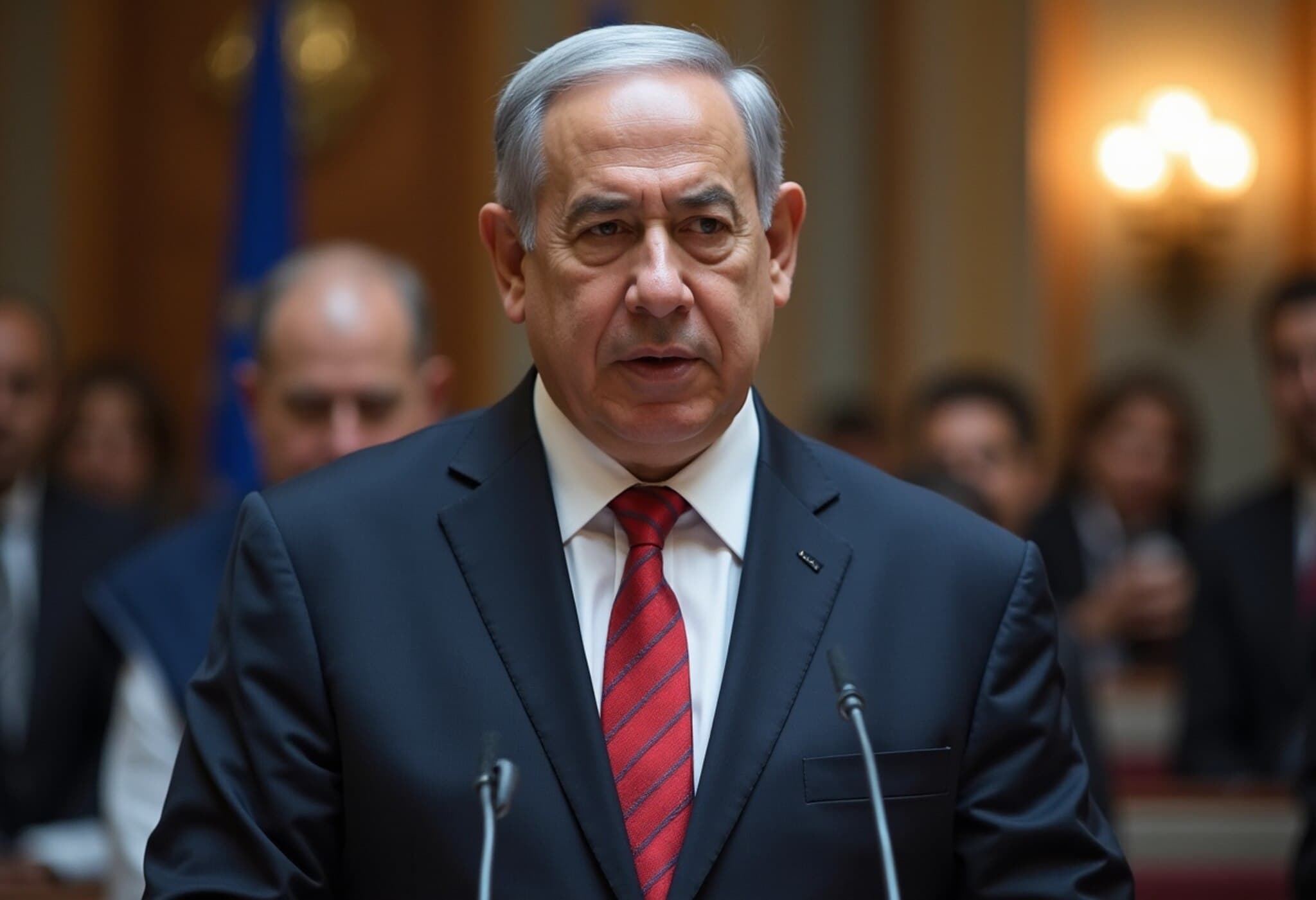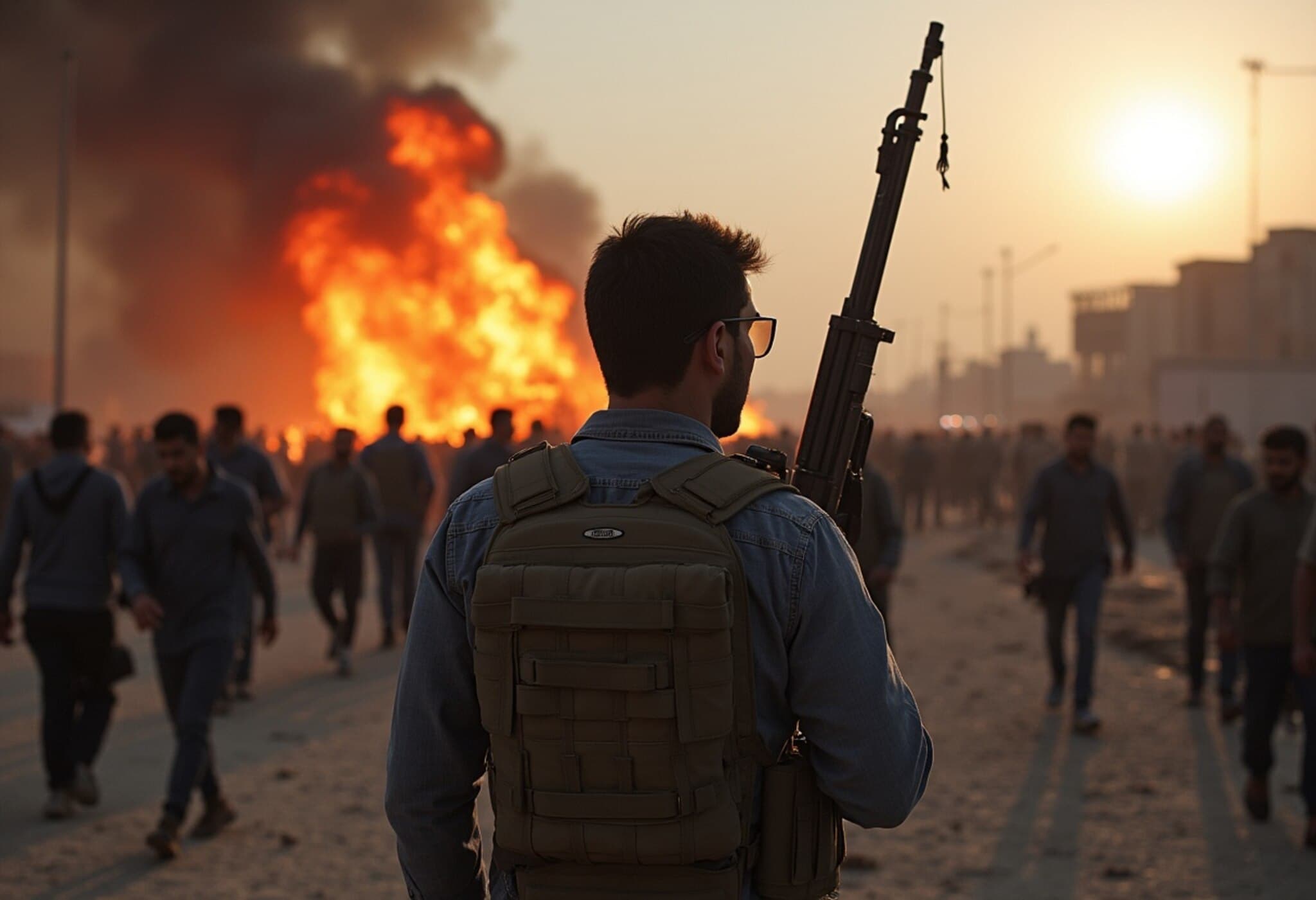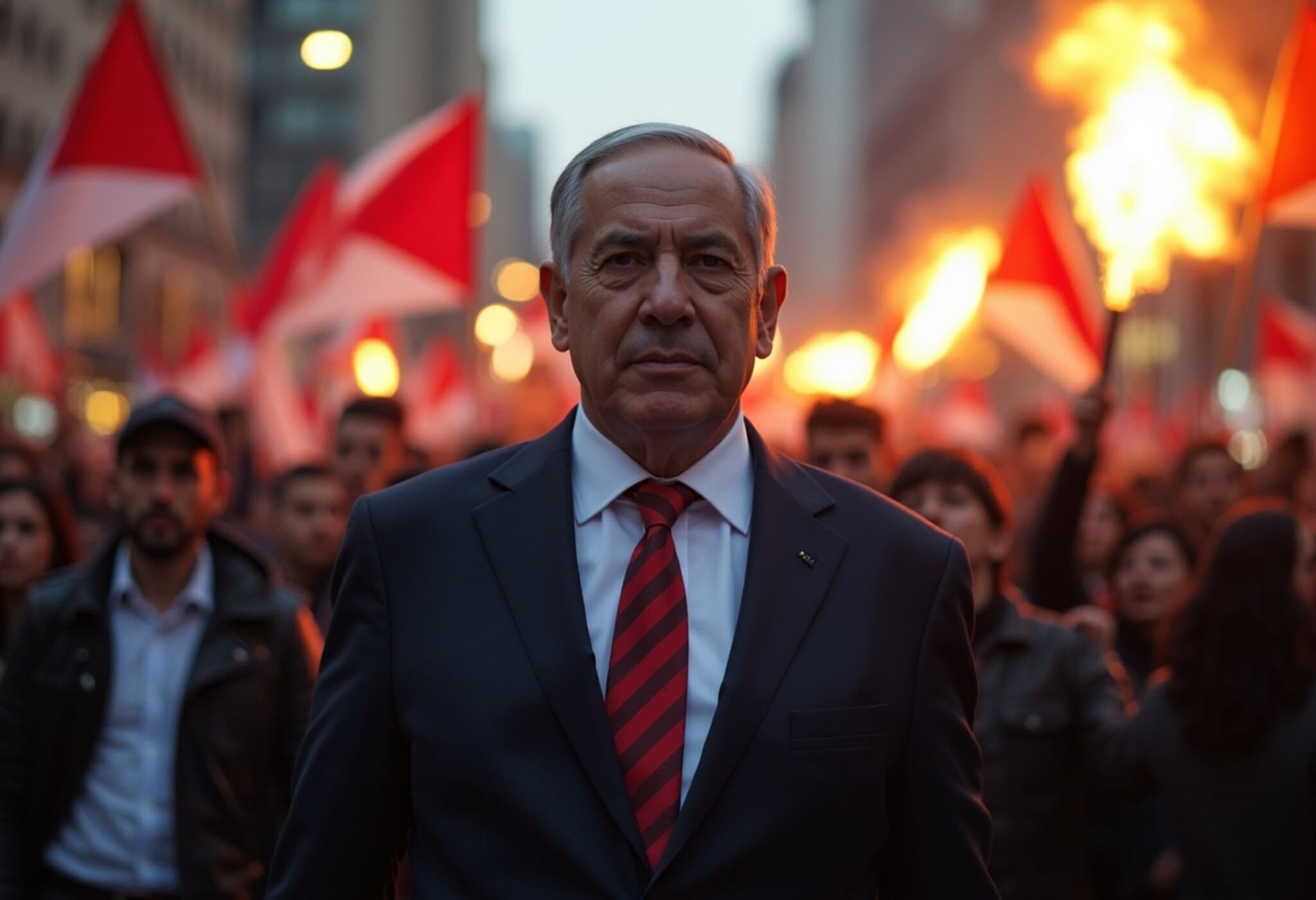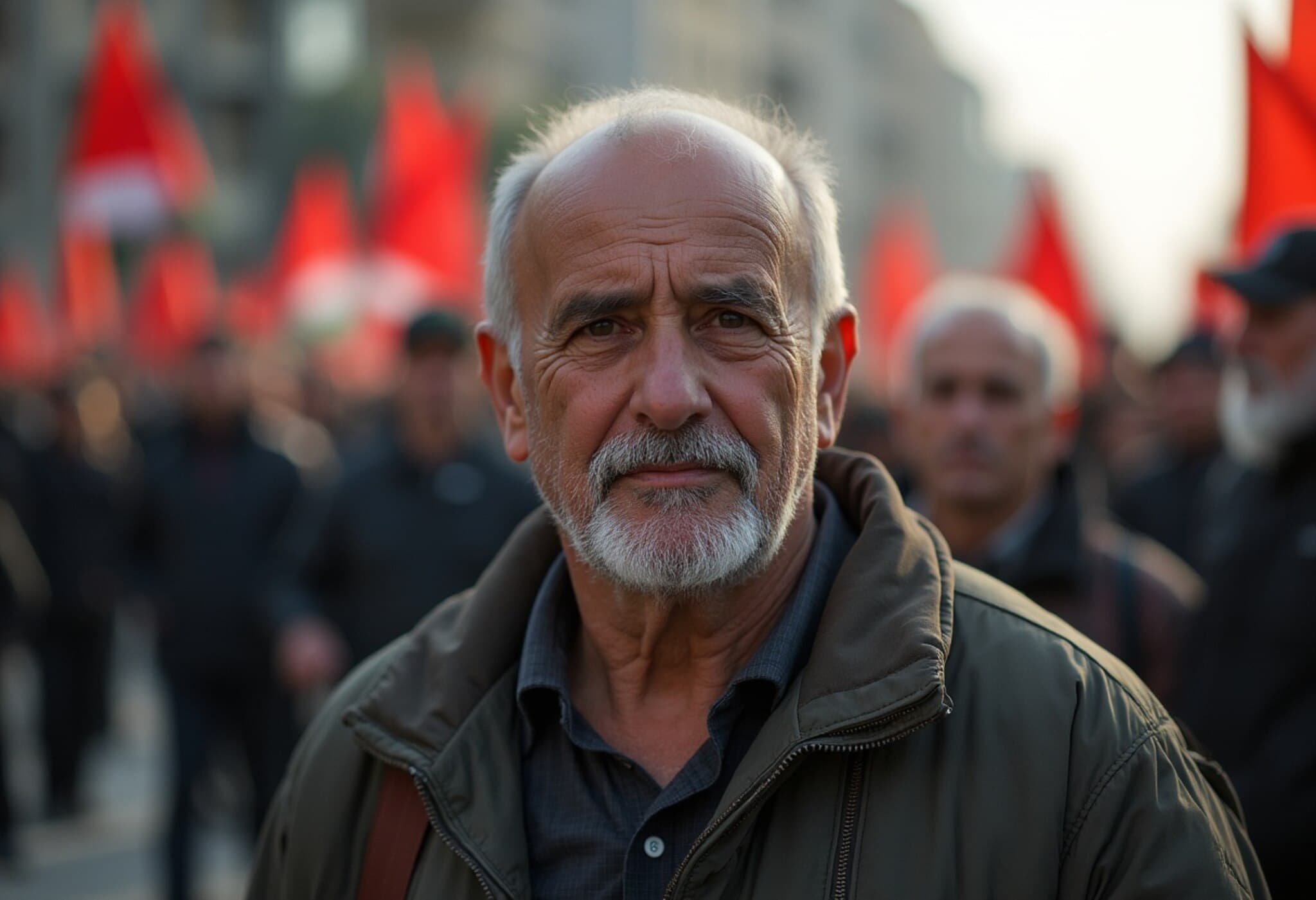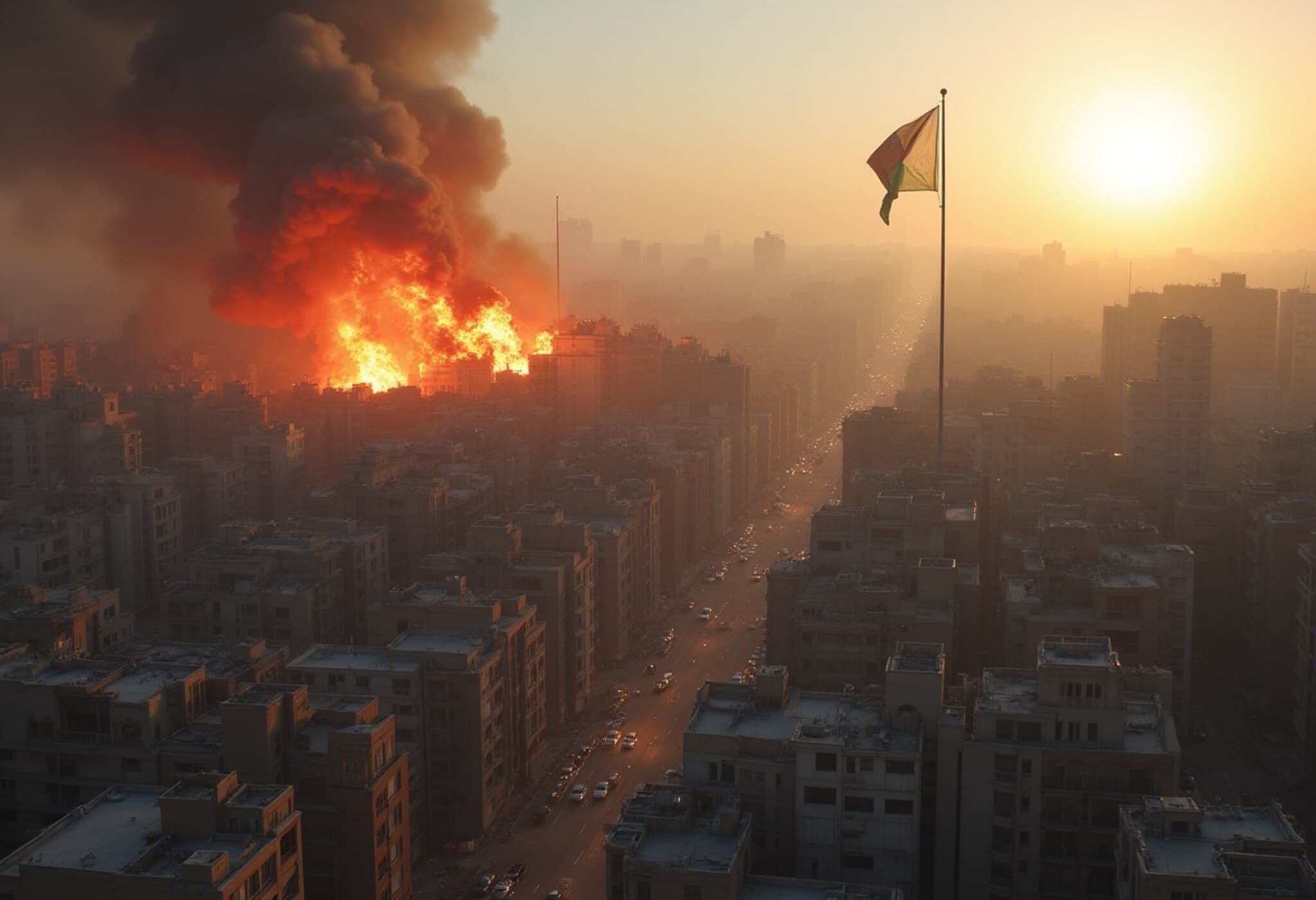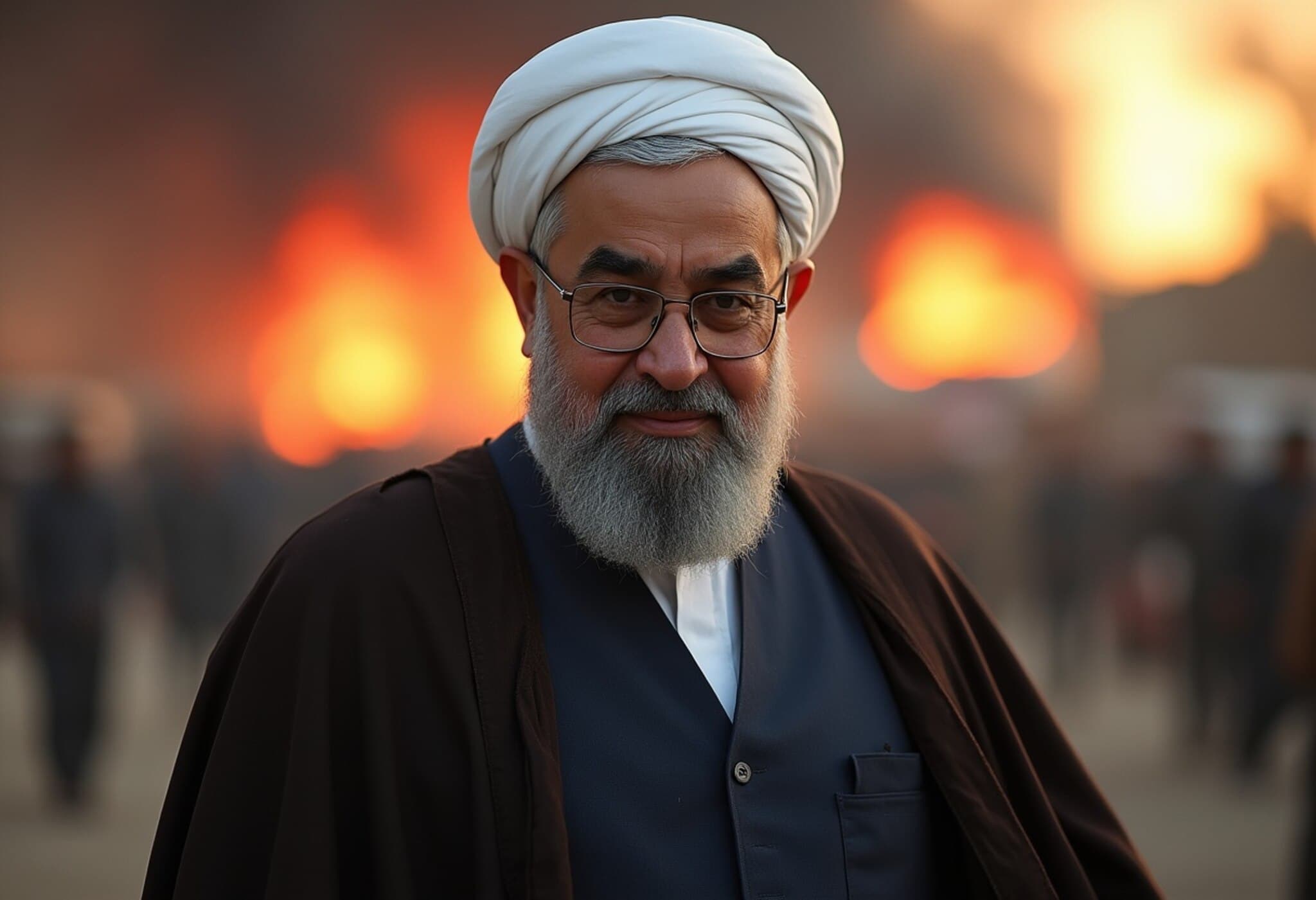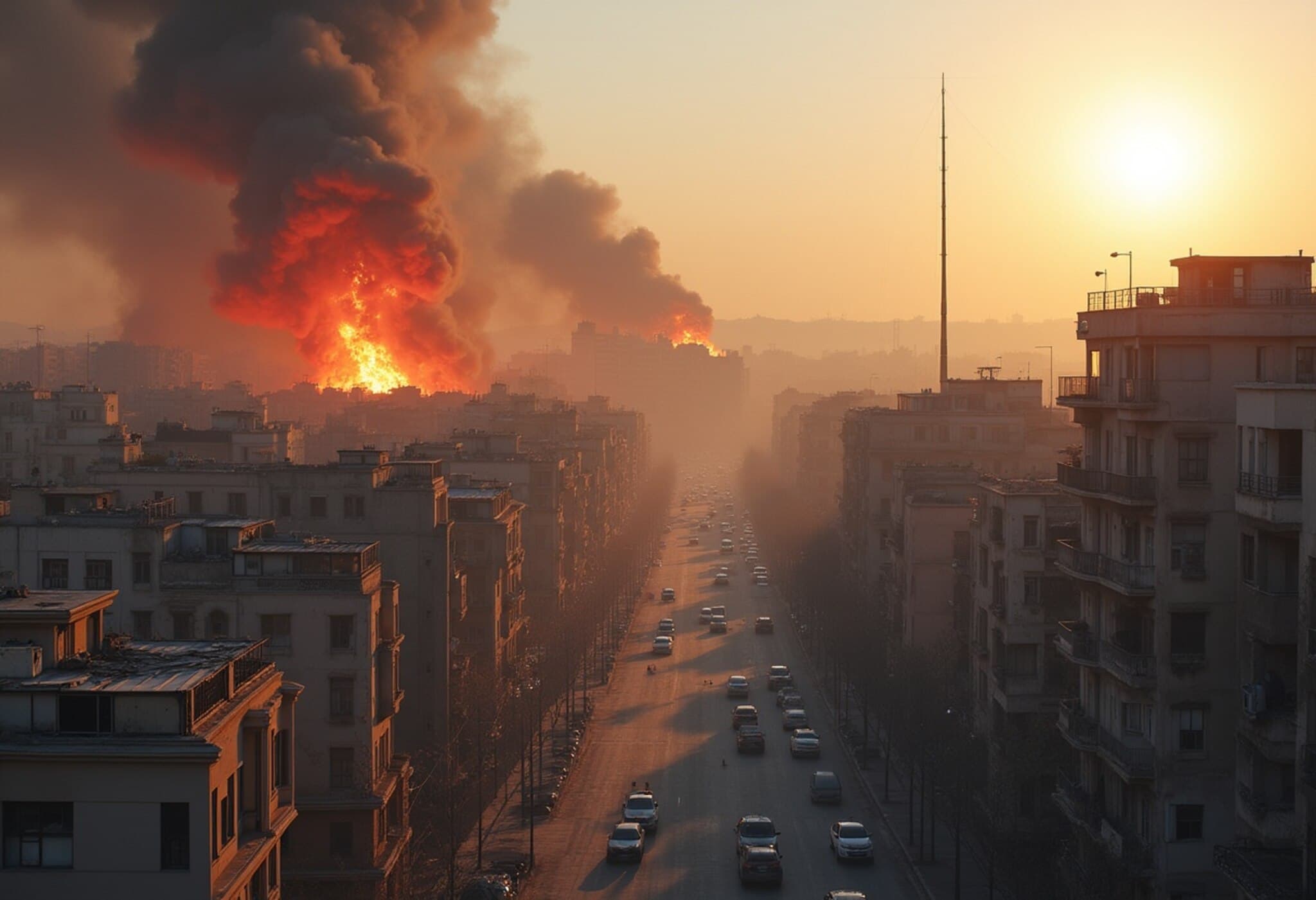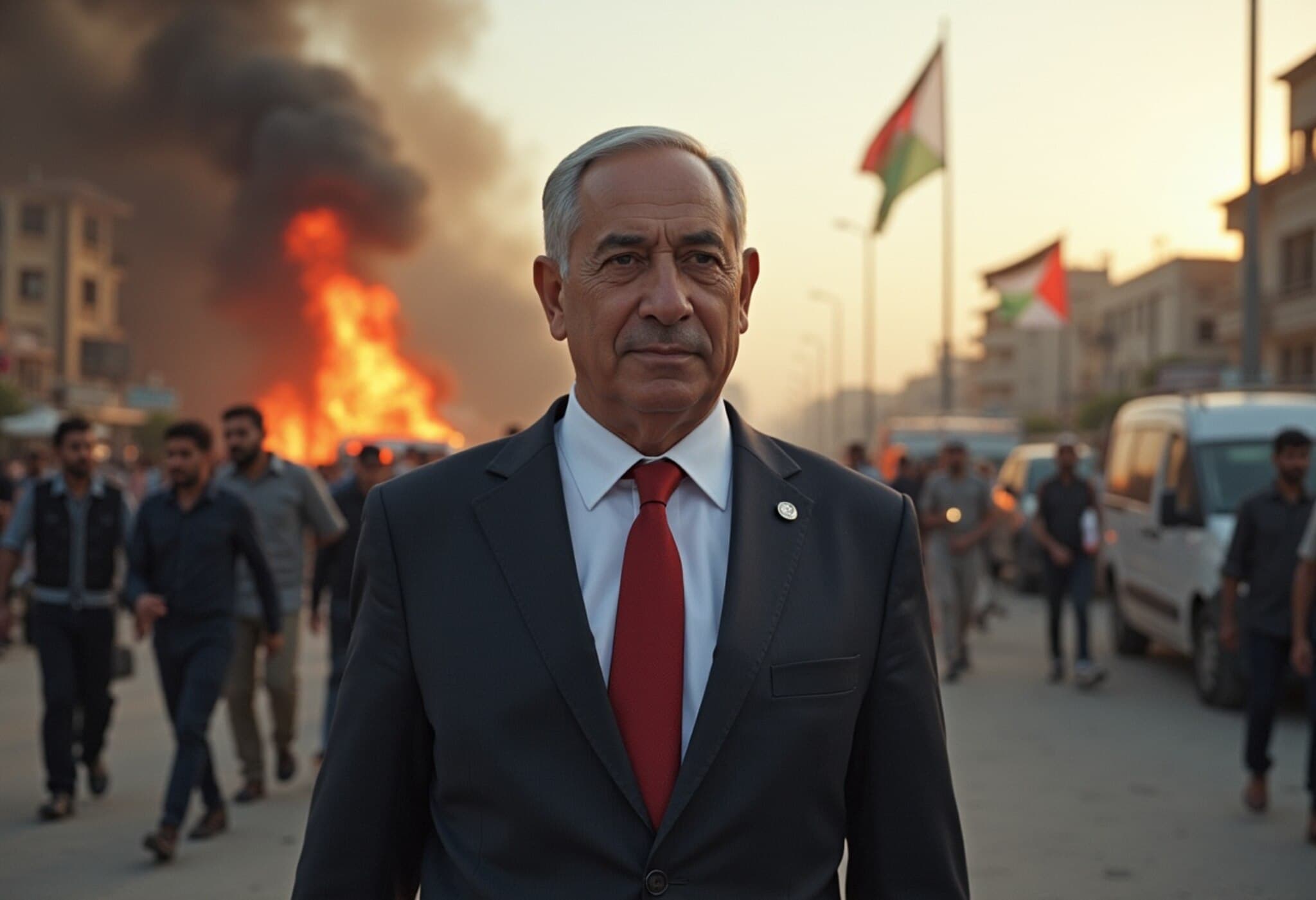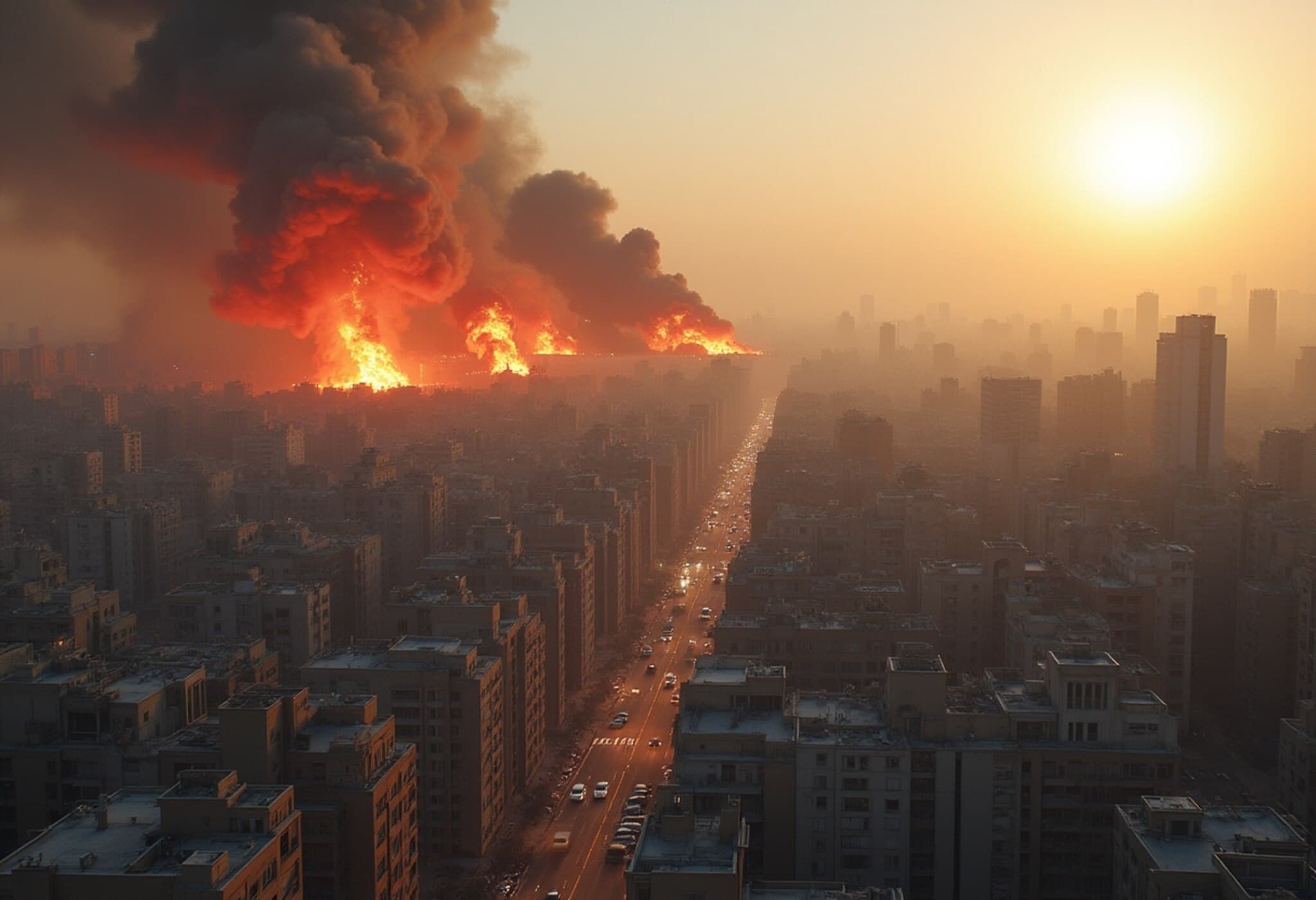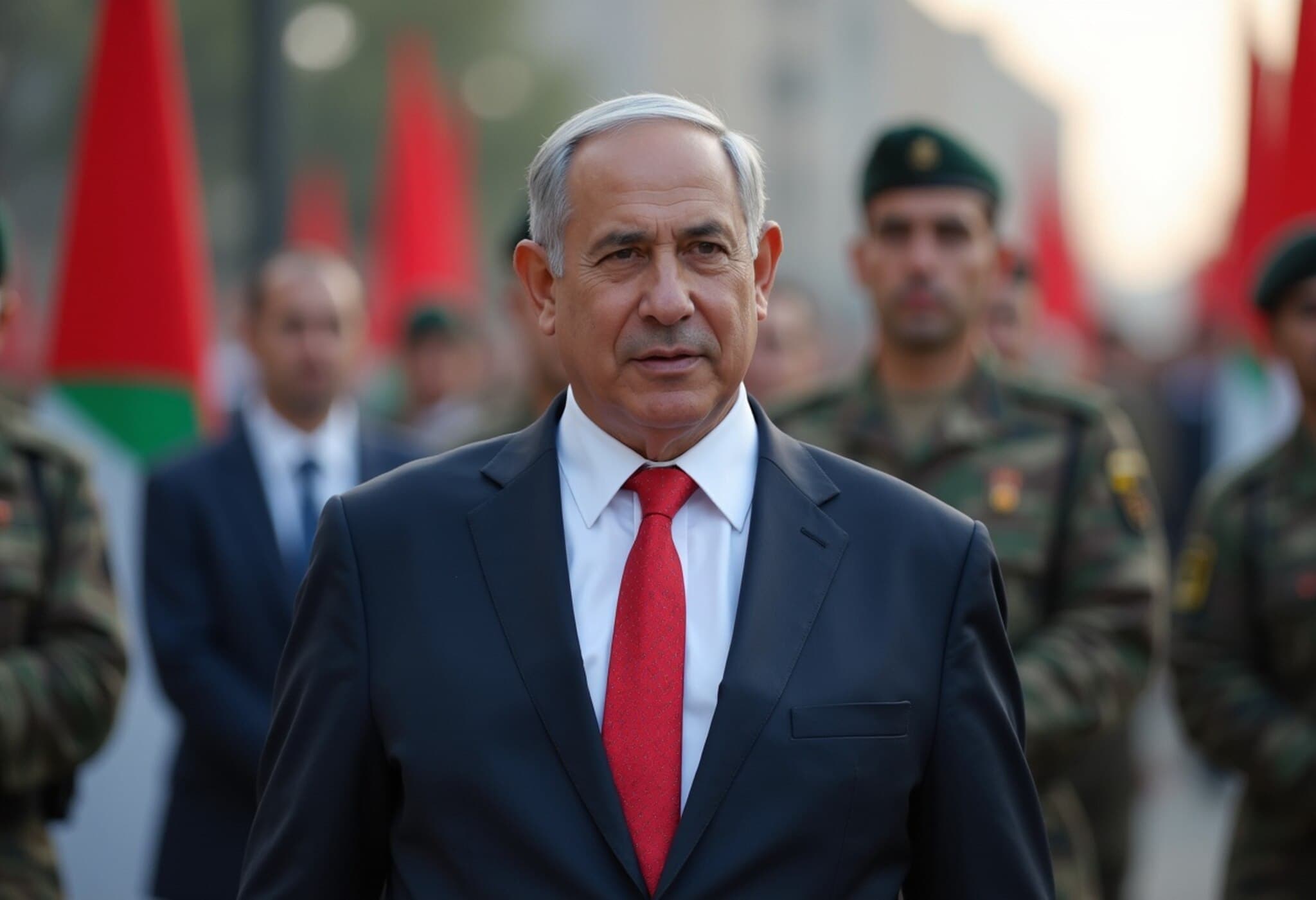Israel Considers Full Military Occupation of Gaza Following Hostage Stalemate
Amid the collapse of ceasefire talks and mounting frustration over Hamas's continued control of the Gaza Strip, Israeli Prime Minister Benjamin Netanyahu is reportedly moving toward a momentous decision: to fully occupy the Palestinian enclave. This potential shift marks a sharp escalation after nearly two years of conflict with Hamas, signaling a readiness to launch a more extensive military campaign into areas previously avoided due to the political and humanitarian complexities involved.
The Impetus Behind Israel’s Shift
According to reports from Israeli media outlets and senior sources within Netanyahu’s office, the Prime Minister has privately expressed determination to take comprehensive control of the Gaza Strip. As prominent Israeli journalist Amit Segal of Channel 12 revealed, the decision "has been made... we are going to occupy the Gaza Strip." This breakthrough comes in the wake of failed negotiations aimed at securing the release of hostages held by Hamas since the outset of hostilities.
One source close to the Prime Minister, speaking to Fox News, emphasized the dire stakes: “Hamas will not release hostages without total surrender. If we do not operate now, the hostages will die of starvation, and Gaza will remain under Hamas’ control.”
Strategic and Humanitarian Implications
Currently, the Israeli Defense Forces (IDF) control approximately 75% of Gaza’s territory. The contemplated plan entails extending military operations into the remaining areas, including zones where hostages are reportedly held. Experts warn this move could dangerously jeopardize hostage lives and escalate civilian casualties, intensifying an already fragile humanitarian situation. Gaza’s infrastructure lies in ruins, and aid has failed to meet the urgent needs of its over two million residents.
Internal Divisions within Israeli Leadership
The proposed occupation strategy has sparked notable tension within Israel’s military and political ranks. According to reports from The Times of Israel and Hebrew media, IDF Chief of Staff Lieutenant General Eyal Zamir stands opposed to the plan, citing concerns over its operational feasibility and ethical implications. In a stark response, a senior Netanyahu ally reportedly challenged, "If the chief of staff doesn't agree, he should resign." This internal rift highlights the complexity and grave weight of the decision, reflecting deep unease around its potential consequences.
US Mediation Efforts Stalled
Just days prior to Israel’s reported shift, US Middle East envoy Steve Witkoff visited Jerusalem in a bid to revive peace talks and introduce a new diplomatic framework. Despite these efforts, momentum for negotiations has waned, with both sides appearing to abandon hope for a near-term diplomatic resolution. The emerging Israeli plan to occupy Gaza threatens to further destabilize the fragile geopolitical balance in the region.
Regional and Global Repercussions
If enacted, Israel’s full occupation of Gaza could dramatically reshape the region. Humanitarian agencies have already issued stark warnings about the consequences of intensified urban warfare on civilian populations. The decision risks widening the conflict, exacerbating refugee flows, and complicating international relations, particularly with key Western allies concerned about upholding human rights and regional stability.
Looking Forward: Critical Questions Raised
- What mechanisms remain to prevent a full-scale humanitarian crisis in Gaza? Will international organizations be empowered to deliver aid amid heightened military activity?
- How will Israel balance hostage rescue operations with minimizing risks to civilian lives? The complexity of hostage locations within densely populated areas raises profound operational challenges.
- Could internal dissent within Israeli leadership lead to policy shifts or public debate? The apparent split between military commanders and political leaders may impact the coherence of future strategies.
- What role will global diplomatic actors play moving forward? Will powers like the US, EU, and regional players seek renewed mediation or impose pressure to de-escalate?
Editor’s Note
Israel’s reported plan to fully occupy the Gaza Strip represents a critical juncture in one of the most protracted and deadly conflicts of the 21st century. This move underscores the stark reality that military solutions often exist alongside daunting ethical and humanitarian dilemmas. As the world watches, it is crucial to scrutinize not only the strategic rationale but also the human cost that such escalations inevitably entail. Engagement with multiple perspectives, especially local Palestinian voices and international humanitarian agencies, remains essential to fostering a comprehensive understanding of this evolving crisis.


